It sounds like a riddle: how can paying money into a pension increase your take-home pay?
Well, it all depends on how you actually pay the money into your pension pot.
Ever heard of salary sacrifice? Or salary exchange? Or “sal sac” for short? This is where you agree to give up some of your salary in exchange for non-cash benefits.
Think gym membership, an electric vehicle, cycle to work scheme, pension contributions… you get the drift.
How does salary sacrifice work?
The money is taken from your gross salary before it’s taxed, which means you should pay less income tax and National Insurance because your earnings are lower.
Say you earn £35,000. The minimum pension contribution if you’ve joined your workplace scheme through auto-enrolment is £2,800. If you contribute this in the usual way, your take-home pay would be £27,320.
But say you sign up to a salary sacrifice agreement and lower your salary to £33,250, and pay that £1,750 you’ve just lost into your pension. Thanks to tax relief and an employer contribution, that £1,750 would become £2,800 in your pension pot.
Your take-home pay would then magically become £27,460. So, that’s an extra £140. We’ll let you in on a secret – it’s not really magic. It’s because your salary is lower, which means less money being grabbed by the taxman.
What about bigger salaries? Sal sac can also be super helpful. Say you earn £110,000. Lucky you, earning that much – but one downside is that you’ve been caught in the 60% tax trap. This is where a quirk in the tax rules means that those earning between £100,000 and £125,140 a year are hit with 60% income tax. Ouch.
By lowering your salary to £100,000 and contributing £10,000 to your pension via sal sac, you’d avoid the 60% tax band and take home £68,557 a year. This is £199 more in your pay packet than if you’d made the same pension contribution in the usual way.
Not all employers offer salary sacrifice. If yours doesn’t, you can still dodge the 60% tax and boost your overall benefits by paying into a pension. If you contribute £10,000 into your pension pot, you’ll get £68,358 as your take-home pay, versus £72,357 if you hadn’t paid into a pension.
However, your total benefits will be worth £78,358 as you can add that chunky £10,000 pension contribution on top.
Remember that as well as potentially increasing your take-home pay, paying into a pension means you are making a valuable contribution to your retirement fund, aka that pot of money that will help you live comfortably and achieve your dreams when you stop working.
Any extra money you can pay into your pension now – whether by sal sac or not – could make a real difference to the value of your nest egg due to investment growth over time.
It’s rare to have the chance to have your cake and eat it too, but this is one of them.
Is salary sacrifice right for you?
You can also use the wonders of sal sac for other benefits. Say you want to give up £10,000 of your salary in order to pay less tax. You could pay half of that into a pension, and split the rest between perks like gym membership or financial coaching.
However, sal sac is not right for everyone, and you’ll want to take a moment to weigh up whether it makes sense for you. For example, salary sacrifice agreements usually last for a set period and can’t be easily changed until the end date.
Here are some other things to consider:
- If you’re planning to apply for a mortgage, having a lower salary could mean you miss out on a good mortgage rate.
- If you receive any benefits, like statutory maternity pay, these could be affected if your take-home pay decreased.
- Workplace benefits such as maternity pay, life cover and sick pay are usually pegged to your salary, so reducing how much you earn could have a costly impact.
- Check the small print. How long does the sacrifice agreement run for, and can you easily cancel or extend it?
- Speak to your boss or HR department if you’re unsure about anything. Also consider talking to a financial adviser or financial coach if you need help before making a decision.
If you want to read more about salary sacrifice and how it works, you can check out our article here.
